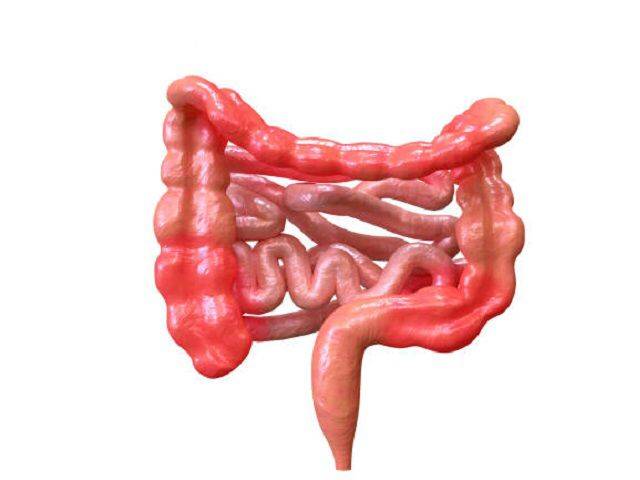10 Signs You May Have Ulcerative Colitis -- Symptoms, Causes, Effects, Treatment and Prevention
Ulcerative colitis is a chronic inflammatory bowel disease (IBD) that primarily affects the colon (large intestine) and rectum. It causes inflammation and ulcers in the lining of the colon, leading to various symptoms and complications.
Symptoms of Ulcerative Colitis
The symptoms of ulcerative colitis can vary in severity and may include:
Diarrhea, often with blood or pus
Abdominal pain and cramping
Rectal bleeding
Urgency to have a bowel movement
Frequent bowel movements
Fatigue
Weight loss
Loss of appetite
Fever
Anemia
Diagnosis of Ulcerative Colitis
The diagnosis of ulcerative colitis may involve:
Medical history and physical examination
Blood tests to check for signs of inflammation and anemia
Stool sample analysis to rule out other possible causes of symptoms
Colonoscopy or sigmoidoscopy to visualize the colon and rectum and collect tissue samples (biopsy) for examination under a microscope
Imaging tests, such as CT scan or MRI, to evaluate the extent of inflammation
Causes of Ulcerative Colitis
The exact cause of ulcerative colitis is unknown, but it is believed to involve a combination of genetic, environmental, and immune system factors. Possible causes include:
Genetics: People with a family history of ulcerative colitis have a higher risk of developing the condition.
Immune system dysfunction: An abnormal immune response may trigger inflammation in the colon.
Environmental factors: Environmental factors, such as diet, stress, and certain medications, may contribute to the development or exacerbation of ulcerative colitis.
Effects of Ulcerative Colitis
Ulcerative colitis can have various effects on the body, including:
Inflammation and ulcers in the colon: Chronic inflammation can lead to ulcers and swelling of the colon's lining.
Complications: Ulcerative colitis can lead to complications such as severe bleeding, perforation of the colon, increased risk of colon cancer, and inflammation in other parts of the body (e.g., joints, skin, eyes).
Nutritional deficiencies: Inflammation and frequent bowel movements can interfere with nutrient absorption, leading to malnutrition and deficiencies in vitamins and minerals.
Impact on quality of life: The symptoms of ulcerative colitis, along with the unpredictable nature of flare-ups, can significantly impact daily life, work, social activities, and emotional well-being.
Treatment and Prevention of Ulcerative Colitis
Treatment of ulcerative colitis aims to reduce inflammation, control symptoms, and promote healing of the colon. Treatment options may include:
Medications: Anti-inflammatory drugs, immune system suppressors, and other medications may be prescribed to manage inflammation and symptoms.
Lifestyle changes: Managing stress, adopting a healthy diet, avoiding trigger foods, staying hydrated, and regular exercise may help reduce symptoms and maintain remission.
Dietary modifications: Some individuals may benefit from specific dietary changes, such as a low-residue diet or a diet low in certain sugars (e.g., FODMAP diet).
Surgery: In severe cases or when complications arise, surgery may be necessary to remove the colon (colectomy) and create an ostomy or perform ileal pouch-anal anastomosis.
Regular medical care: Regular check-ups, monitoring, and screenings are important for managing ulcerative colitis and adjusting treatment as needed.
There is no known way to prevent ulcerative colitis, but maintaining a healthy lifestyle, managing stress, and following a recommended treatment plan can help manage symptoms and reduce the risk of flare-ups.
Note: It is important to consult with a healthcare professional for an accurate diagnosis, personalized treatment, and prevention strategies.
References:
Crohn's & Colitis Foundation. (n.d.). About Ulcerative Colitis. Retrieved from https://www.crohnscolitisfoundation.org/what-is-ulcerative-colitis
Mayo Clinic. (2021). Ulcerative Colitis. Retrieved from https://www.mayoclinic.org/diseases-conditions/ulcerative-colitis/symptoms-causes/syc-20353326
National Institute of Diabetes and Digestive and Kidney Diseases. (2021). Ulcerative Colitis. Retrieved from https://www.niddk.nih.gov/health-information/digestive-diseases/ulcerative-colitis




No comments yet
Be the first to share your thoughts!